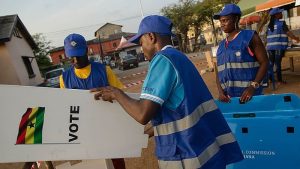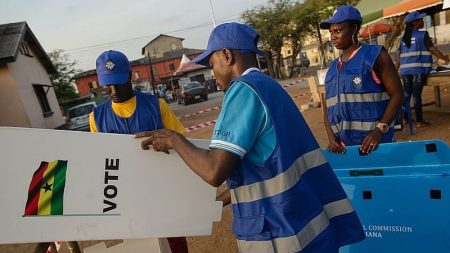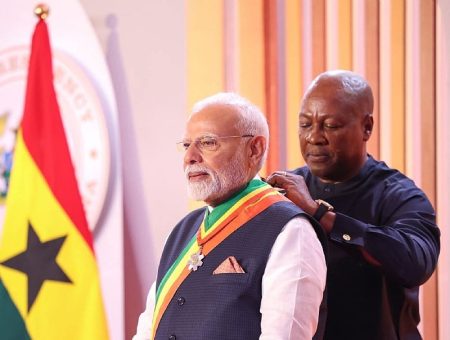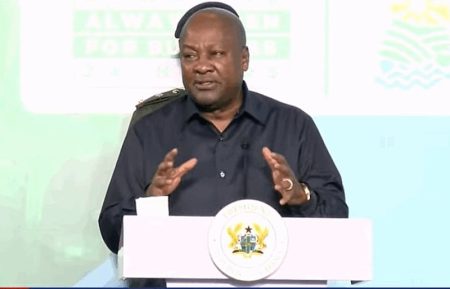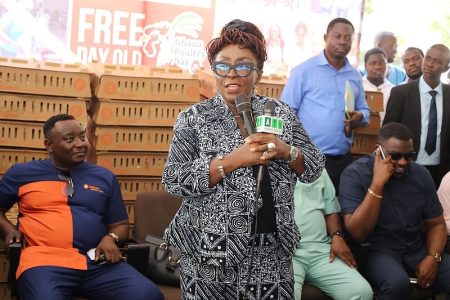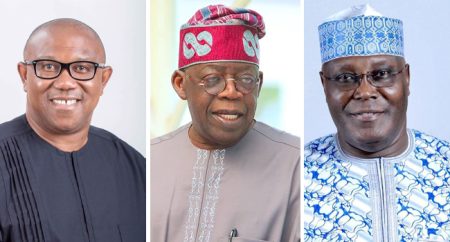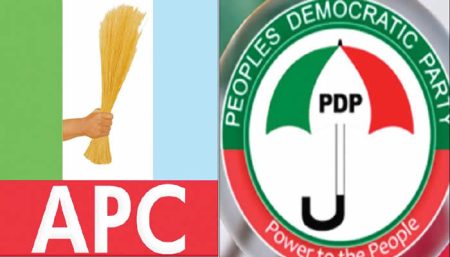The Ablekuma North Constituency in Ghana finds itself in a unique electoral predicament, still lacking a parliamentary representative months after the 2024 general elections. This situation has necessitated a re-run of the parliamentary elections in 19 out of 37 polling stations within the constituency, scheduled for Friday, July 11, 2025. The decision, announced by Ghana’s Electoral Commission (EC), follows a series of deliberations and a meeting between representatives of the two dominant political parties, the New Patriotic Party (NPP) and the National Democratic Congress (NDC). The crux of the issue lies in the disputed validity of 37 pink sheets, the official documents used to record and collate election results.
The controversy surrounding the Ablekuma North election stems from the chaotic events that unfolded during the initial December 7 election. Supporters of various political parties stormed the collation center, disrupting the process and destroying a number of crucial pink sheets related to the parliamentary contest. This disruption left the integrity of the results in question, prompting the need for a resolution. The subsequent disagreement between the NPP and NDC further complicated the matter, with the NPP advocating for the collation of results from the remaining polling stations and the NDC demanding a complete re-run across all 37 affected polling stations. The differing stances of the two parties highlight the deep political divisions and the high stakes involved in this particular electoral race.
The EC’s statement on July 2nd sheds light on the specific nature of the dispute. According to the Commission, the 37 pink sheets presented by the NPP for collation were scanned copies, raising concerns about their authenticity and admissibility. While these scanned copies had seemingly received approval from agents of both political parties at the polling stations, a crucial verification step was missing. The presiding officers, responsible for overseeing the voting process and validating the results, had not verified these 19 specific pink sheets. This lack of verification by the presiding officers casts a shadow of doubt over the legitimacy of the results from those particular polling stations.
The EC’s decision to conduct a re-run in the 19 polling stations with unverified scanned copies is a compromise aimed at resolving the impasse and ensuring a credible outcome. By focusing on the polling stations with questionable documentation, the Commission seeks to address the core issue of verification while minimizing disruption to the electoral process. This targeted approach represents a balance between the demands of the two parties and the EC’s mandate to conduct free, fair, and credible elections. The remaining 18 polling stations are not part of the re-run, presumably because their results were adequately documented and verified, thereby not requiring further scrutiny.
The forthcoming re-run carries significant weight, as it will ultimately determine the parliamentary representative for Ablekuma North. The two contenders, Nana Akua Owusu Afriyie of the NPP and Ewurabena Aubynn of the NDC, will once again face the electorate in these 19 polling stations. The outcome of this re-run will not only decide the political fate of the candidates but also impact the overall balance of power in Parliament. The intense scrutiny surrounding the election and the subsequent re-run underscores the importance of transparent and verifiable electoral processes in maintaining public trust and ensuring the legitimacy of democratic governance.
The Ablekuma North situation serves as a reminder of the challenges faced by electoral bodies in managing complex electoral processes and resolving disputes in highly contested elections. The incident highlights the need for robust procedures, especially regarding the handling and verification of crucial documents like pink sheets. It also underscores the importance of maintaining order and security at polling and collation centers to prevent disruptions that can compromise the integrity of elections. The lessons learned from this experience will hopefully contribute to strengthening electoral processes and building greater confidence in the democratic system in Ghana.


